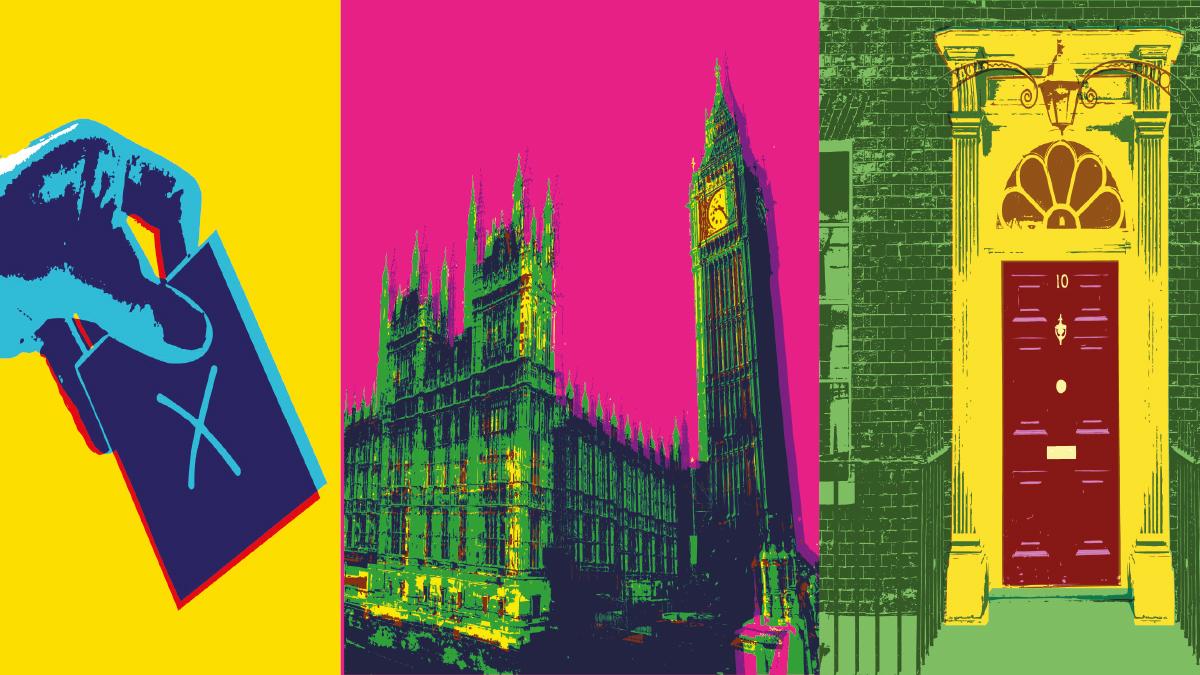On 4 July, the general election will take place in England, North Ireland, Scotland and Wales. CSP policy director Rob Yeldham explains where the main parties stand on health and rehab, with information too on how to ensure you can vote
The CSP has three asks of the next government when it takes office in the summer.
- Transform rehabilitation to improve quality of life for patients, reduce pressure on the most costly parts of health and social care, and help address the growing numbers of people unable to work.
- Address workforce shortages – we can’t transform rehab without an expanded profession from apprentices through to consultants.
- Fair pay. Without fair pay and more flexible working the NHS will struggle to attract and retain people.
Although manifestos have not yet been issued, we have some idea of where the main parties stand. The Conservatives want comprehensive screening for lung cancer, more doctors, dentists and nurses, a new pharmacy-first service and a revised major conditions strategy.
Labour wants enhanced community services including physiotherapy, seven-day services to bring down waiting times and better access to physiotherapy for NHS staff. They have also said they will spend more on the NHS by ending tax loopholes.
We will comment on party manifestos, including smaller parties, via our election blogs - watch out for those on our website and our weekly email bulletin, Physiotherapy News.
What the next government does will impact members across the UK. Although health and education are devolved, the funding decisions made by the UK Treasury directly affect how much is available for services in Scotland, Wales and Northern Ireland.
It will not be easy for whoever forms the next government. Rehab, workforce and pay are not going to be fixed immediately. Areas where CSP members work, including universities and defence, also face big challenges.
The CSP, members and partners will need to keep campaigning after the election, and we will be outlining our influencing plans in July’s issue of Frontline.
Registering to vote
You must be registered to vote in UK elections. The deadline for this election is Tuesday 18 June. You can register here online. Only British, Irish, or qualifying Commonwealth citizens can vote in a general election.
You do not need to re-register for every election unless you have moved house. If you’re not sure whether or not you’re registered to vote, contact your local electoral office.
Students
If you are a student, you may register to vote at your home and term-time addresses. You cannot, however, vote twice in the same election – that’s a criminal offence – so you should decide whether to vote in your home or university constituency. You can also vote by post – see how below.
Voting by post
If you are likely to be working or on holiday on 4 July you can register to vote by post by contacting your local electoral office (see how in links below).
Your polling station
You’ll get a poll card in the post before the election. This will tell you where to vote. If you haven’t received your polling card, contact your local electoral office.
Polling stations will be open on 4 July from 7am–10pm. You do not need to take your poll card, but you will need to take accepted photographic ID.
Voter ID
The law has changed, and you must now take photographic ID in order to vote. The list of accepted photographic ID is in the link below. If you don’t have accepted photo ID, you can apply for a free voter ID document.
Links
- Students: The Electoral Commission
- Local electoral office: The Electoral Commission
- Electoral Commission (voter ID)
- Voter Authority Certificate
- Electoral Identity Card
Find Out More
Number of subscribers: 1

